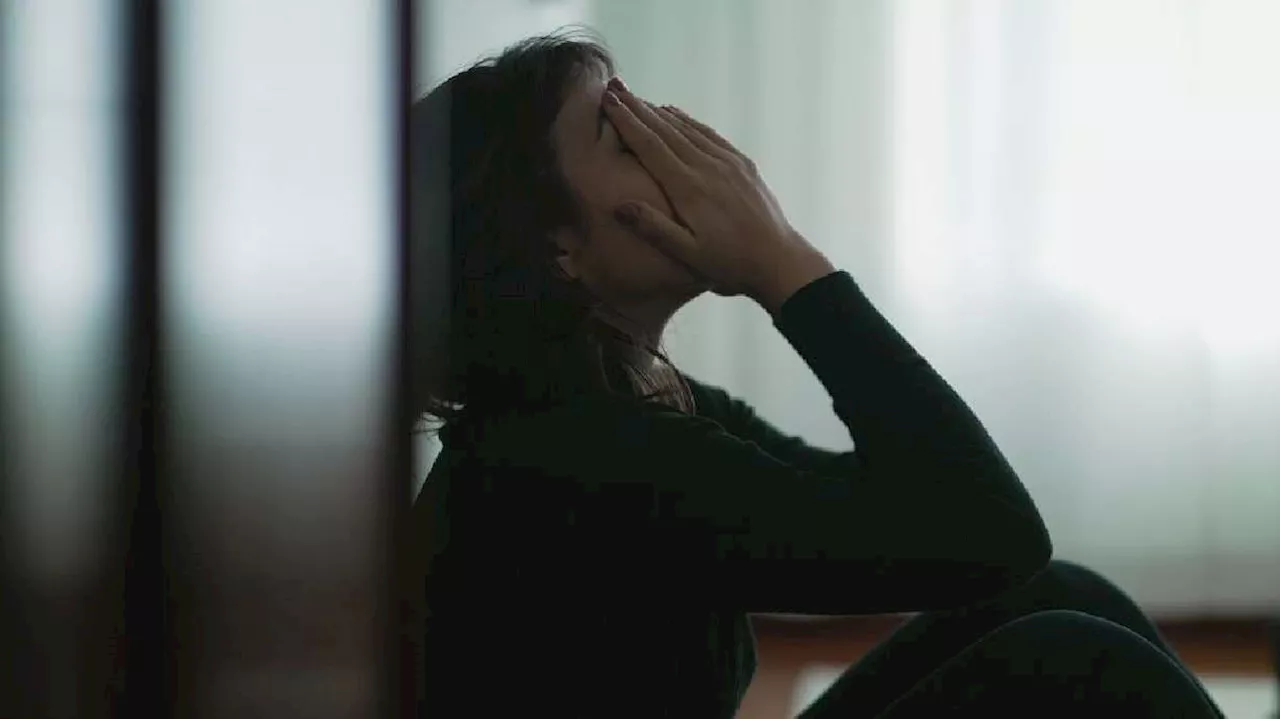A new study found a link between exposure to artificial outdoor light at night and a greater risk of stroke.
Too much light at night may be bad for our brains, research out this week suggests. In a population of city residents in China, researchers found a link between increased exposure to artificial outdoor light at night and a greater risk of stroke. Unsurprisingly, they also found that more exposure to air pollution was linked to greater stroke risk. As useful as artificial lighting has been for modern civilization, it seems to have some potential drawbacks for our health.
They determined people’s regular exposure to outdoor light at night and air pollution by cross-referencing their home addresses with other available data, including satellite imagery of the area. About 1,280 people developed cerebrovascular disease during the study period, including more than 900 cases of stroke.
United Kingdom Latest News, United Kingdom Headlines
Similar News:You can also read news stories similar to this one that we have collected from other news sources.
 Publishers Seeing Fewer Benefits From Social Media, New Study FindsI am a Michigan-based writer who has contributed to more than four dozen magazines, newspapers and websites. I covered the Detroit bankruptcy for Reuters in 2014, and I currently cover international affairs for 19FortyFive and cybersecurity for ClearanceJobs.
Publishers Seeing Fewer Benefits From Social Media, New Study FindsI am a Michigan-based writer who has contributed to more than four dozen magazines, newspapers and websites. I covered the Detroit bankruptcy for Reuters in 2014, and I currently cover international affairs for 19FortyFive and cybersecurity for ClearanceJobs.
Read more »
 Mercury rising: Study sheds new light on ancient volcanoes' environmental impactMassive volcanic events in Earth's history that released large amounts of carbon into the atmosphere frequently correlate with periods of severe environmental change and mass extinctions.
Mercury rising: Study sheds new light on ancient volcanoes' environmental impactMassive volcanic events in Earth's history that released large amounts of carbon into the atmosphere frequently correlate with periods of severe environmental change and mass extinctions.
Read more »
 Study sheds light on the gender gap in youth resilience when faced with mental health strugglesExacerbated by the pandemic, the mental health crisis in America is growing as more and more people admit to having symptoms of anxiety and depression — and at younger ages, according to reports.
Study sheds light on the gender gap in youth resilience when faced with mental health strugglesExacerbated by the pandemic, the mental health crisis in America is growing as more and more people admit to having symptoms of anxiety and depression — and at younger ages, according to reports.
Read more »
 Study Sheds Light On New Lung CellsI am a scientist, businessman, author, and philanthropist. For nearly two decades, I was a professor at Harvard Medical School and Harvard School of Public Health where I founded two academic research departments, the Division of Biochemical Pharmacology and the Division of Human Retrovirology.
Study Sheds Light On New Lung CellsI am a scientist, businessman, author, and philanthropist. For nearly two decades, I was a professor at Harvard Medical School and Harvard School of Public Health where I founded two academic research departments, the Division of Biochemical Pharmacology and the Division of Human Retrovirology.
Read more »
 What you need to remember from the previous Ghostbusters movies before seeing Frozen EmpireGrab your popcorn and your proton pack! Here's everything you need to know from the previous 'Ghostbusters' films before seeing 'Ghostbusters: Frozen Empire.'
What you need to remember from the previous Ghostbusters movies before seeing Frozen EmpireGrab your popcorn and your proton pack! Here's everything you need to know from the previous 'Ghostbusters' films before seeing 'Ghostbusters: Frozen Empire.'
Read more »
 14% of companies say workers have quit after seeing jobs with higher pay following transparency lawsPay transparency policies, where businesses actively share the salary range on an open job, are becoming the norm.
14% of companies say workers have quit after seeing jobs with higher pay following transparency lawsPay transparency policies, where businesses actively share the salary range on an open job, are becoming the norm.
Read more »
